Dr Rejoice Chipuriro a Post-doctoral researcher in the Department of Social Science and Social Work has been awarded a grant from the NIHR Clinical Research Network Wessex. The grant is aimed at generating new insights into asylums seekers’ lived experiences with community based mental health care support services. This study involves partnership between Bournemouth University and Vita Nova- a community arts organisation that supports people in recovery from addiction. Vita Nova works in a holistic way to support members with their ongoing recovery programs which helps to avoid relapse back into treatment centres, mental health institutions or prison.
In recent years Vita Nova has worked with other underserved communities including asylum seekers, for example the Refugee Nativity last Christmas with local asylum seekers which brought communities together and raised awareness of the current refugee crisis. Vita Nova uses creativity to process trauma as a form of art therapy. Asylum seekers will be supported by Vita Nova to co-produce drama and photography for public exhibition to connect with mental health service in community, as well as the public, to dispel stigma around mental health and marginalisation of asylum seekers. The photo exhibition will also be co-designed with asylum seekers as a way for participants to share about their lived experiences, and break taboos about mental health.
Talking about this new research Dr Rejoice Chipuriro shared the following, ‘Mental health is a priority area for the NHS. Asylum seekers are listed by the NIHR as an underserved group in health research which is why this research seeks to generate new knowledge about mental health which is co-produced with asylum seekers.’
Michael Armstrong the Creative Producer at Vita Nova had this to share , ‘ As we step into a new chapter, we’re reflecting on the journey that brought us here. Rooted in the centre of Boscombe, our charity has dedicated itself to empowering community members and artists alike for almost 25 years. Through a rich tapestry of events and projects, we’ve woven connections, shared stories, and nurtured creativity. The partnership with Bournemouth University advances our approach to evaluation and how we can capture the voices of some of the most vulnerable people in our wonderful community.’
Sharon Coyne, Artistic Director at Vita Nova says ‘our partnership with Bournemouth University really helps us think differently about how we communicate the experience of our wonderful members and engage new partners and (hopefully) new funders’.
Congratulations Rejoice!

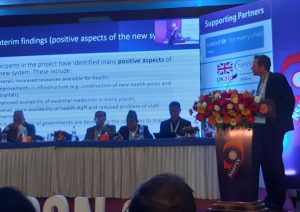
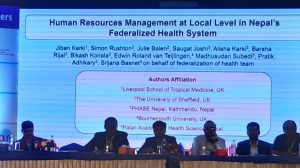
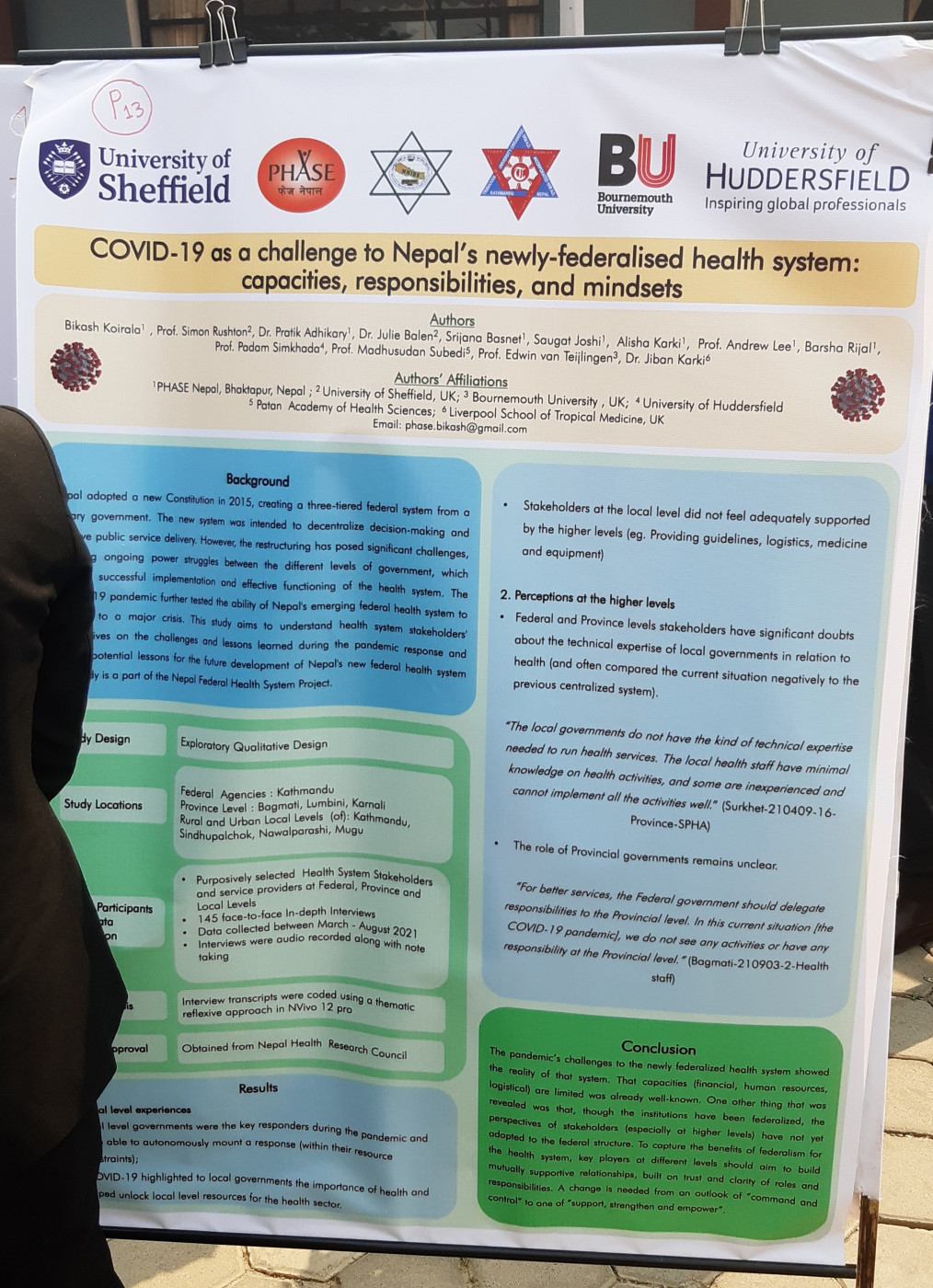

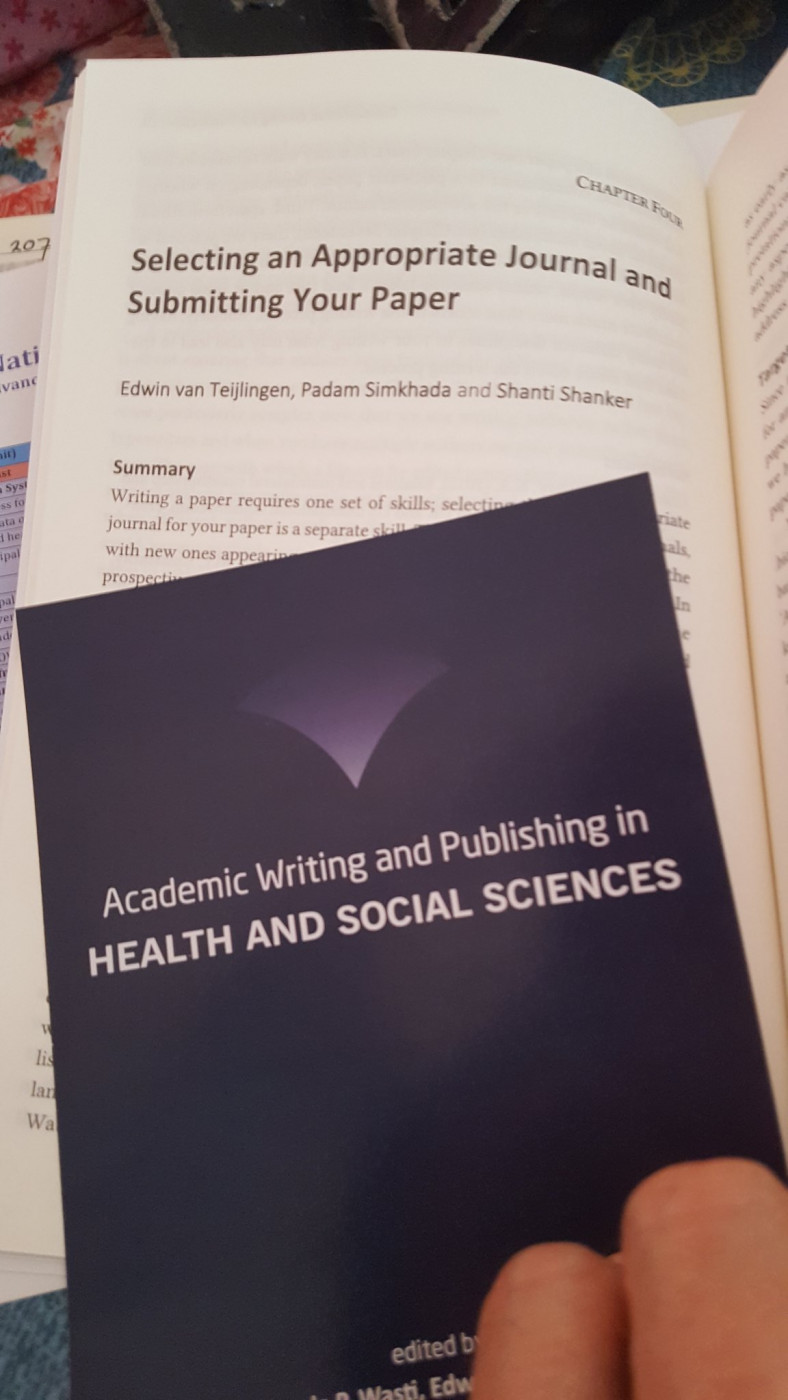



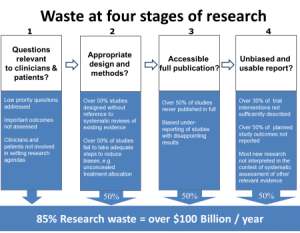













 Upcoming opportunities for PGRs – collaborate externally
Upcoming opportunities for PGRs – collaborate externally BU involved in new MRF dissemination grant
BU involved in new MRF dissemination grant New COVID-19 publication
New COVID-19 publication MSCA Postdoctoral Fellowships 2024
MSCA Postdoctoral Fellowships 2024 Horizon Europe News – December 2023
Horizon Europe News – December 2023